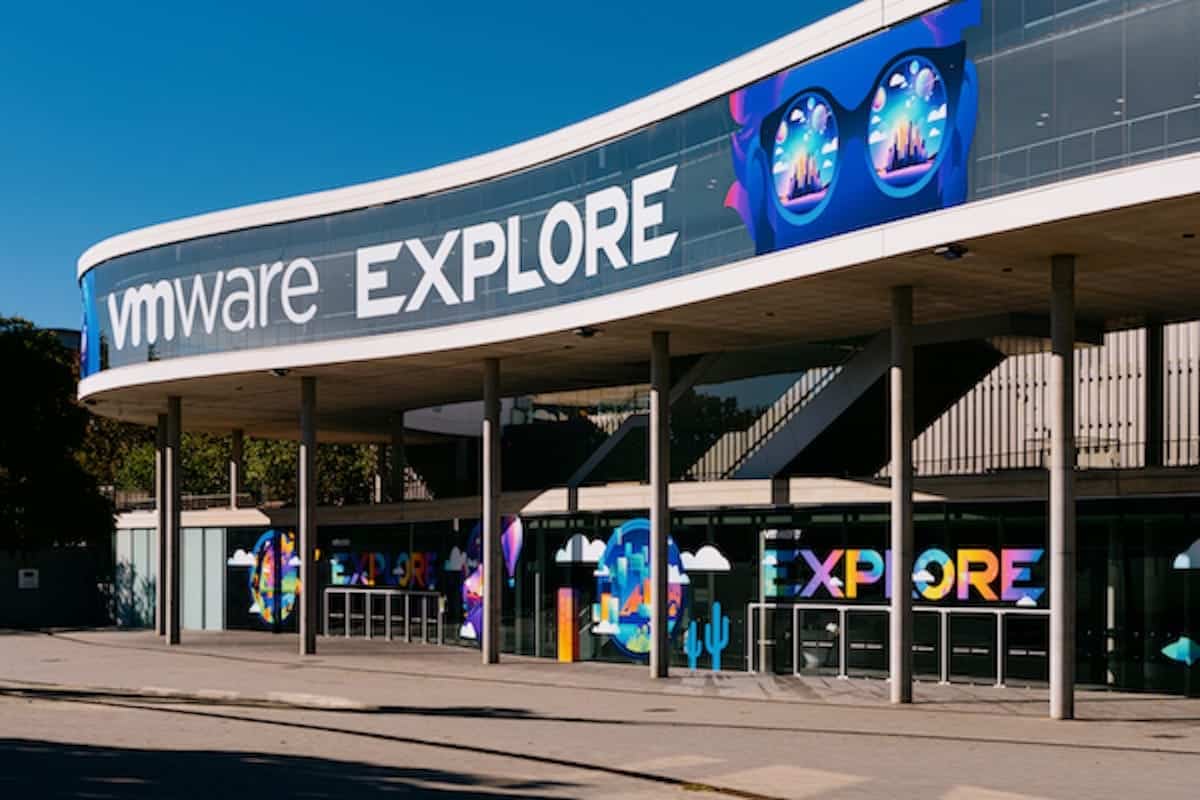Amid VMware Explore 2025, Broadcom unveiled a series of innovations aimed at enhancing the security, resilience, and regulatory compliance of VMware Cloud Foundation (VCF), the leading private cloud platform for regulated industries and mission-critical environments.
The focus is on a pressing concern for both boards and IT leaders: cyberattacks and the maze of global compliance. Recent data shows that 65% of attacks on large organizations result in data encryption, 30% involve data exfiltration, and 71% of multinational companies struggle with cross-border regulations.
Paul Turner, vice president of products at Broadcom’s VMware Cloud Foundation division, summarized: “Cyberattacks and regulatory non-compliance have serious human and financial consequences. With VCF, we offer a unified approach that simplifies security and compliance, removing the complexity of scattered point solutions.”
VCF Advanced Cyber Compliance: Continuous Compliance and Automated Recovery
The highlight is the launch of VCF Advanced Cyber Compliance, a sophisticated service targeting three key objectives:
Continuous Compliance at Scale: Leveraging SaltStack capabilities integrated into VCF’s operations console, administrators can monitor and remediate deviations in real time, with secure images of databases and automatic patches that reinforce compliance.
Automated Cyber and Data Recovery: The platform features the ability to restore entire environments in isolated, secure local “clean rooms,” with prebuilt workflows that validate and clean ransomware loads, including file-based and fileless attacks.
Platform Security and Incident Response: It includes securely designed container images, advanced secure computing features to reduce attack surfaces, and proactive compliance assessments with early access to regulatory updates.
VMware vDefend: Zero Trust and Malware Protection Without Files
Another core element is the evolution of VMware vDefend, expanding lateral security and Zero Trust principles to AI workloads, especially emerging agentic AI architectures.
Notable features include:
Lateral Security for AI Workloads: A technical preview that safeguards internal communication between AI models with granular access controls.
Zero Trust Automation: Flows enabling progressive segmentation of workloads through firewall rule analysis to eliminate redundancies.
Extended Threat Detection: Network Detection and Response (NDR) sensors providing visibility into attacks across the entire data center.
Fileless Malware Defense: Integration with Windows’ AMSI interface to intercept malicious scripts in memory, a particularly challenging attack vector in modern threats.
Avi Load Balancer: Post-Quantum Encryption and Generative AI Security
Finally, Broadcom announced enhancements to the integrated Avi Load Balancer with VCF, including:
Post-Quantum Cryptography (PQC): Algorithms approved by NIST to anticipate risks posed by quantum computing on current encryption schemes.
Mutual TLS (mTLS) Authentication in Kubernetes Environments: Strengthening application traffic security.
Integrated Web Security Assessment: A Web Application Firewall (WAF) module for risk analysis and progressive protection.
Security Support for Agentic AI Loads: Preliminary support for the Model Context Protocol (MCP), an emerging standard for AI agent interactions, with session security and context persistence.
A Strategic Investment for Regulated Industries
The advancements introduced at VMware Explore 2025 respond to current realities, where sectors like finance, healthcare, energy, and government are facing increasingly sophisticated attacks while trying to comply with rapidly evolving regulations.
With VCF and these new advanced services, Broadcom aims to deliver a “secure-by-default” environment that simplifies private cloud operations and minimizes risk of catastrophic disruptions.
This announcement comes at a time when AI workloads are proliferating, raising new attack surfaces that necessitate specific controls.
Conclusion
Broadcom has clearly articulated in Las Vegas that cybersecurity resilience will be the new competitive differentiator for private clouds. VMware Cloud Foundation 9.0, along with compliance services, vDefend, and Avi Load Balancer, offer a comprehensive solution for organizations that cannot afford security failures or regulatory breaches.
The promise is ambitious: to shift from managing security as a patchwork of isolated solutions to a cohesive, automated platform designed for the challenges of AI and post-quantum computing eras.
Frequently Asked Questions
What is VMware Cloud Foundation (VCF)?
It’s VMware’s private cloud platform integrating compute, storage, networking, and security into a unified solution, now strengthened with advanced resilience and compliance features.
What does the new VCF Advanced Cyber Compliance service offer?
It provides automated continuous compliance, ransomware recovery in isolated environments, and enhanced platform security, helping regulated companies stay compliant and reduce operational risks.
How does VMware vDefend protect AI workloads?
By introducing Zero Trust lateral security, extended threat detection, and memory-based attack defenses, closing critical vectors for AI models and critical applications.
Why is post-quantum cryptography important in Avi Load Balancer?
Because it anticipates future quantum computers breaking existing encryption schemes. The inclusion of standardized PQC algorithms helps safeguard sensitive data long-term.
via: Broadcom

